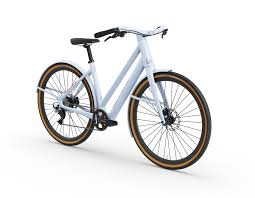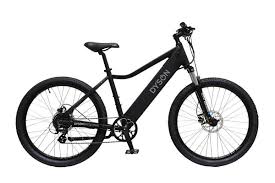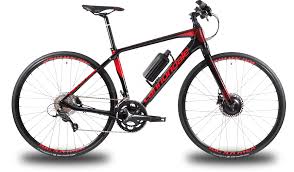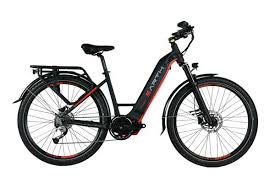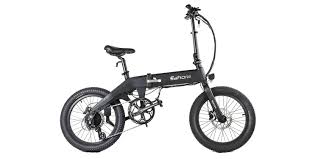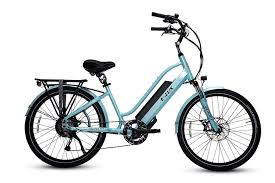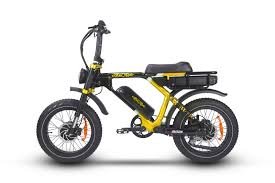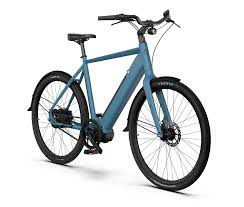
Imagine a commute where the city streets are your playground, effortlessly gliding past traffic jams and arriving at your destination with a smile. E-bikes, the sleek, pedal-assisted wonders of urban mobility, have been making waves among commuters worldwide. But as with any innovation, there are both shining advantages and a few considerations to ponder. Let’s delve into the world of e-bikes for commuting, weighing the perks that make them a commuter’s dream and the nuances that might give you pause on your ride through the city that never sleeps.
Pros of E-Bikes for Commuting:
Picture this: You wake up, grab your morning coffee, hop on your e-bike, and zip through the city streets with a breeze. Here’s why so many commuters swear by them:
- Effortless Riding: No more sweating through your work clothes before 9 AM. E-bikes offer pedal-assist, so you can glide up hills and conquer longer distances with ease.
- Time-Saving: Forget about waiting for buses or squeezing into packed subway cars. E-bikes let you navigate through traffic jams and get to your destination faster.
- Cost-Effective: Say goodbye to sky-high transit fares and pricey parking. Charging an e-bike costs mere pennies, making it a budget-friendly option for daily commuting.
- Eco-Friendly: Reduce your carbon footprint without sacrificing convenience. E-bikes produce zero emissions and help combat urban air pollution.
- Health Benefits: Stay active without breaking a sweat (unless you want to!). E-bikes still require pedaling, so you can enjoy a bit of exercise while getting from point A to point B.
Cons of E-Bikes for Commuting:
Of course, every rose has its thorn. Here are a few considerations to keep in mind:
- Initial Cost: E-bikes can be pricier upfront compared to traditional bicycles. However, they often pay for themselves over time with savings on transportation costs.
- Range Anxiety: Depending on the model and battery capacity, e-bikes have a limited range per charge. Planning longer commutes may require charging stations or spare batteries.
- Maintenance: Like any mechanical device, e-bikes require regular maintenance to keep them running smoothly. This can include battery care, tire changes, and periodic servicing.
- Safety Concerns: Sharing the road with cars, pedestrians, and other cyclists requires caution. Familiarize yourself with local traffic laws and wear proper safety gear.
- Weight and Storage: E-bikes are typically heavier than traditional bikes due to the battery and motor. This can make them less convenient to carry upstairs or store in small apartments.
